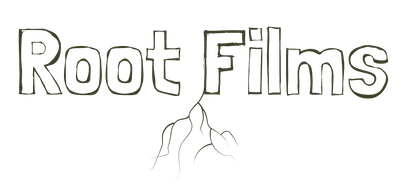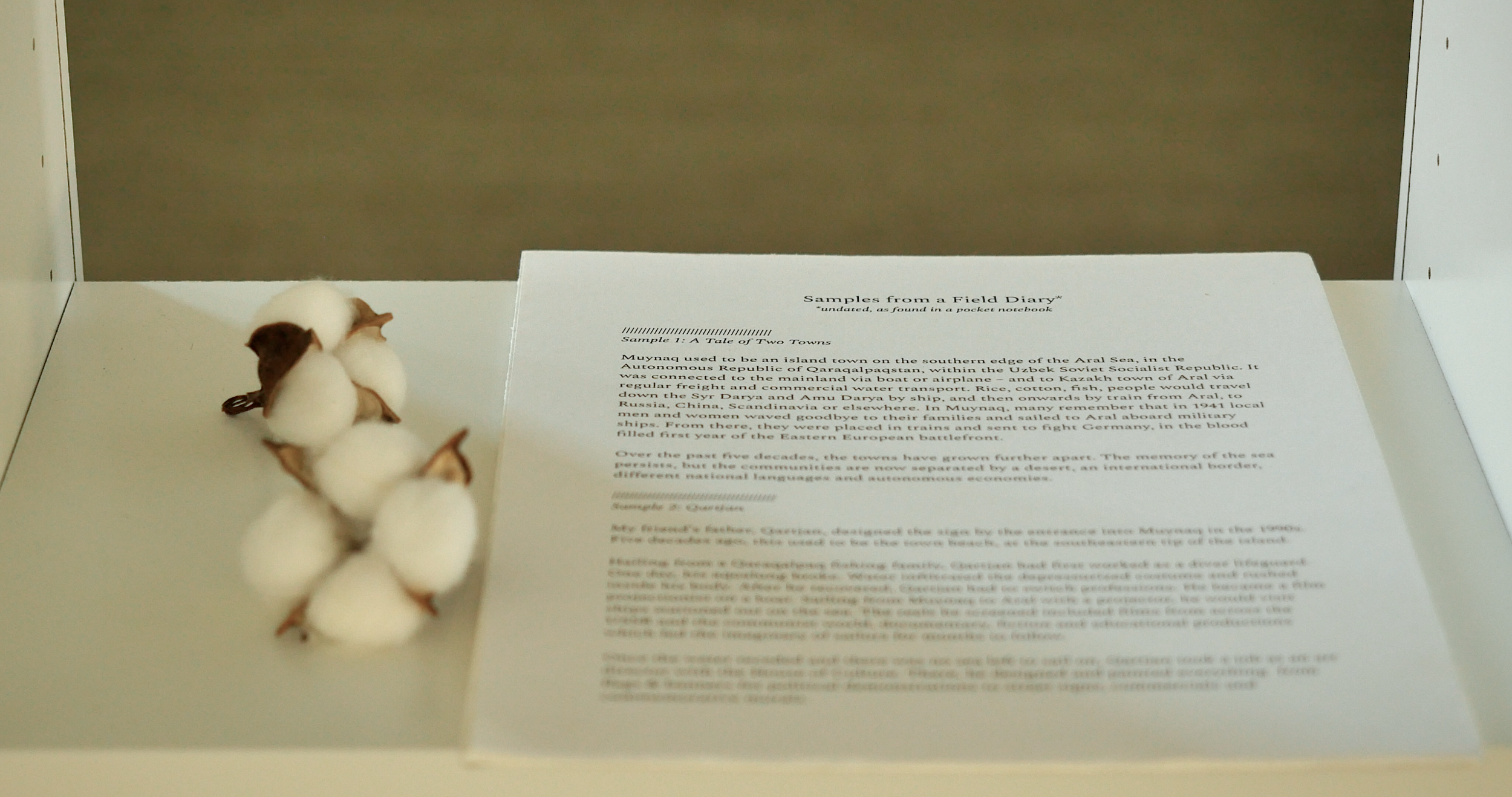Migrant Water - a multimodal research installation by Toma Peiu, Alice F. Hill, Luiza Parvu, Timothy Dunn & Peter Cusack, will be on view throughout the Fall at Embryonic - the inaugural exhibition by NEST (Nature, Environment, Science and Technology) Studio for the Arts, hosted in the University of Colorado Boulder’s brand new CASE Building, between September 21st - December 21st, 2018.
Between the concepts of “migrant labor” and “virtual water,” we examine connections of the missing water to the missing people of the Aral Sea basin in Central Asia: a vast ecosystem whose arid, dry downstream flatlands are shaped by the state’s decision to pursue centralized agriculture, and whose upstream water sources in the high mountain glaciers of the Pamir and Tien Shan ranges are now increasingly affected by climate change. A post-media archaeological toolbox juxtaposes bibliography, datasets and observation with immersive 360 video, animated satellite imagery, an interactive sound map, personal narrative, and 3D film photography, to critically capture the memory and metamorphosis of the environment and public urban space, under stress from the commodification of water, land, and labor.
How do these flows shape the future of our planet in a context of growing inequality between those who control resources, and bodies subjected to increased regulation? We imagine a research model able to look beyond discipline-specific narratives and to reveal the ripple effects of the economy of water in the Aral Sea basin by placing them at the center of the world.
Fieldwork and production generously supported by the inaugural NEST Graduate Fellowship, and Knowing the River - A Transdisciplinary Flash Study funded by the Volkswagen Foundation.
Migrant Water - Animated Map by Timothy Dunn & Alice Hill
Interactive Sound Map - Shamaldy-Sai, Kyrgyzstan by Peter Cusack
Migrant Water - Overview of the Installation - Embryonic Exhibition
Samples from a Field Diary - written by Toma Peiu
On the Bottom of the Sea - 360 Video with Stereo Sound by Toma Peiu and Luiza Parvu







